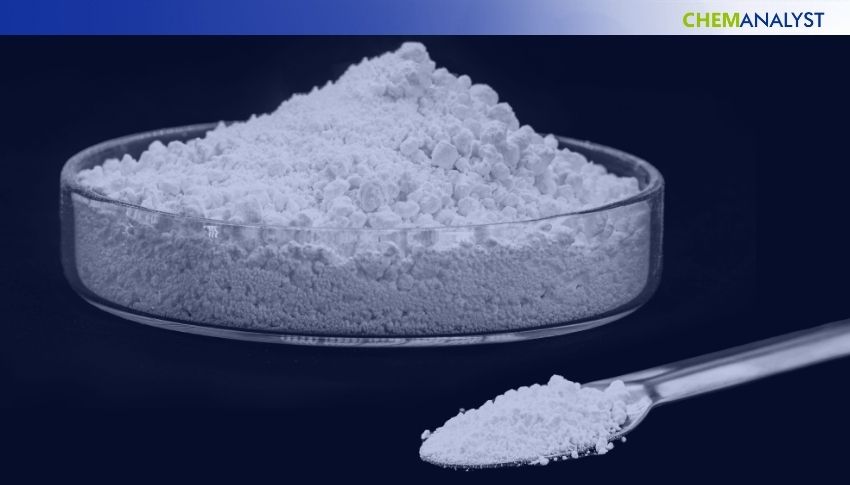Welcome To ChemAnalyst

The Phthalic Anhydride market witnessed a tenuous balance between declining demand and restricted supply, which helped prevent further price drops. Despite rising feedstock naphthalene costs that increased production expenses and compressed margins, manufacturers continued steady output with a cautious approach, maintaining firm but controlled supply. Demand remained weak, particularly from downstream sectors like plastics, construction, and plasticizers, as the PVC was oversupplied. However, steady automotive demand, supported by a positive North American light vehicle production outlook, offered slight support to overall consumption. Looking ahead, the market is expected to remain stable to weak, with potential upside risk from geopolitical-driven feedstock disruptions in the Middle East.
The price of Phthalic Anhydride attained some stability after witnessing a bearish trend in the previous weeks. While bearish sentiment still prevails in the market, current equilibrium between the supply and demand prevented any major decline in the prices.
The bearish outlook is supported by declining demand from downstream sectors which gave rise to a decline in supply to prevent any significant losses. Meanwhile, the prices remained flat at USD xxxx/MT FOB Texas in third week of June.
On the producers&#xx; side, costs of production of Phthalic anhydride increased in this week with an increase in feedstock naphthalene prices, adding more pressure on the operational margins. This hike in input prices at a time when downstream demand weakened, especially from industries like construction and plastics, further pinched profitability. Even with the compression of margins, Phthalic anhydride producers opted to...
We use cookies to deliver the best possible experience on our website. To learn more, visit our Privacy Policy. By continuing to use this site or by closing this box, you consent to our use of cookies. More info.
